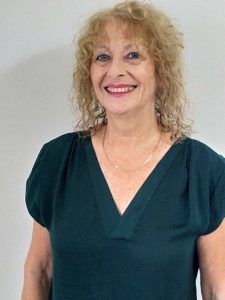
Following is an interview conducted in Hebrew by Dr. Varda Silberberg with Dr. Judith Rybko. It focuses on psychodrama as engaged during the COVID-19 crisis. An English summary of the interview is offered below the recorded interview.
Summary of the Interview
The interview focuses on the fundamental differences between group therapy, individual therapy and supervision group in my clinic during corona-days. Here I emphasize the general characteristics of psychodramatic therapy in times of COVID19 – “the Corona days”. In general, I found that it takes great creative flexibility and adaptation from both patients and me as a therapist.
The process of psychodrama is based on the principle of action and on increasing creativity and spontaneity. The patient in psychodrama presents emotions, experiences and significant events from his life in action, and makes the abstract concrete. Through the action, the patient explores his inner world, and reaches insights. S/he can also experience what has not happened and may develop future life skills (Moreno, 1953).

In my encounters with patients, supervisees and students, I believe that every person can evolve and change. Working in Zoom according to these principles has been very challenging. Working with Zoom media forced us all – therapist and participants alike – to cope with technological difficulties as well as the feelings they raise in us. Sometimes, I felt like reversing roles with patients who “controlled” the tool better and helped me. In a way, it felt like losing my “parental” position. On the other hand, it gave a lot of strength and satisfaction to my patients, especially the younger ones.
Above all, conducting psychodrama in Zoom format required from me to translate the language of action, which is very present in my face-to-face work into a more literal, one-dimensional language.
As I wrote in my book: “First act, then Know: Experiencing and Studying Psychodrama and Group Work” (Rybko, 2018) the dramatic action precedes and motivates the mental and emotional action. It is like a baby that perceives the world in his senses before learning the language and words. Sometimes physical action enables deep mental movement, understanding and change. In the Zoom format the ‘warm up’ phase, that starts every psychodramatic session and arouses personal issues, was not an integral part of the session and it was difficult for me to establish it as such.






